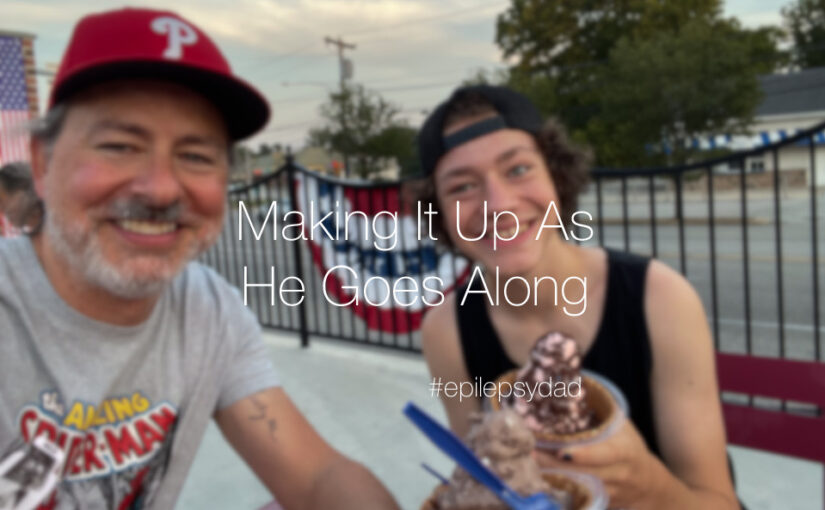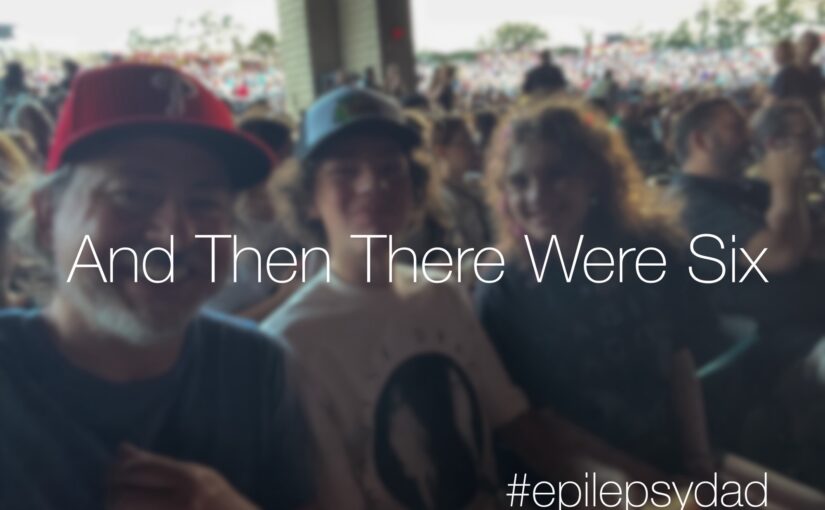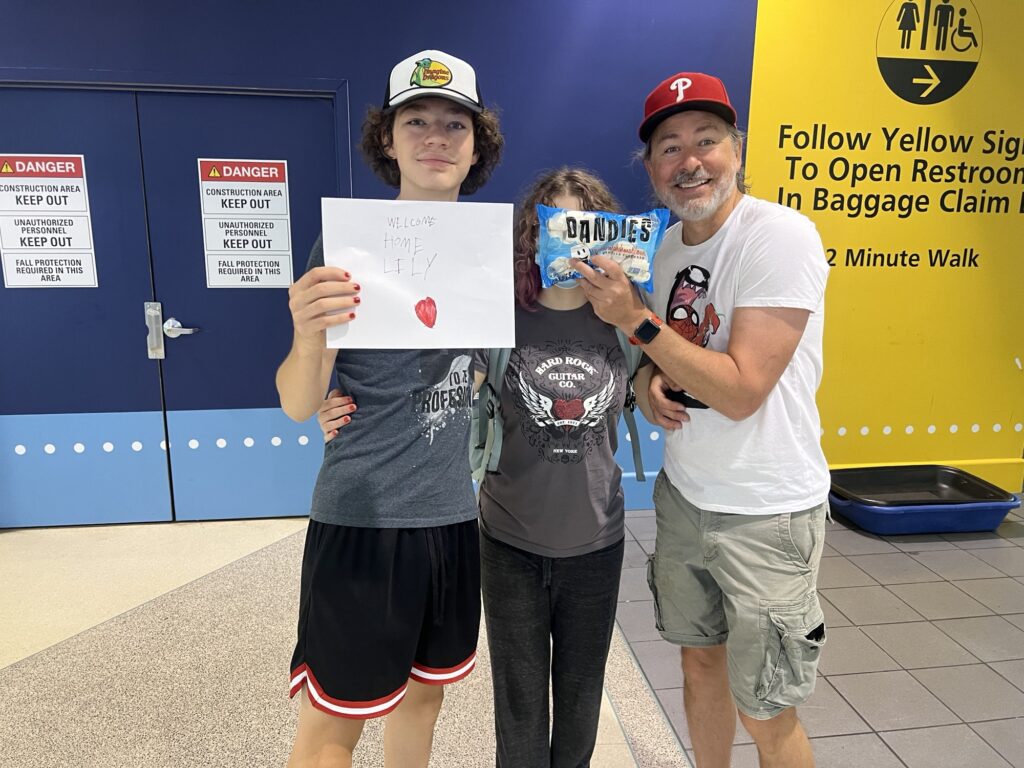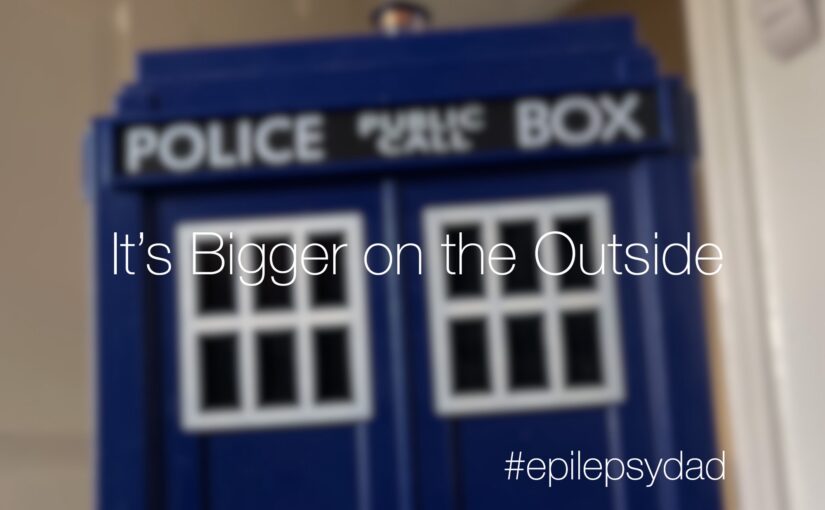For as long as I can remember, my son has struggled with his memory. Whether it’s his school day or details about anything in the past, when we ask him about it, he doesn’t remember, or his answers are vague or confusing.
If we ask him about a choice or why he did something, he usually says, “I don’t know” or “I don’t remember.” He’ll also say “yes” to most leading questions because he thinks it’s the right answer or what we want him to say. Or he’ll answer with reasons he might think of when we ask him the question rather than those that were more relevant at the time. It’s like applying hindsight to make sense of a choice made in the past, even though the information on hand now wasn’t available when the choice was made. Sometimes, it seems like he just makes it up as he goes along.
I assumed this condition was related to his epilepsy or the side effects of his medications. Perhaps the same factors that cause his generalized seizures also affect his brain’s ability to process and store information.
The other day, I was listening to a Fresh Air interview with Dr. Theodore Schwartz, a neurosurgeon who wrote a book called Gray Matters. In the interview, Dr. Schwartz described how the brain makes decisions, and it sounded like what happens to my son.
And then what studies have shown is that a person will behave in a particular way based on something that’s unconsciously being processed in their mind.
And if you ask them, why did you do that? Why did you behave that way? They will make up a story to make sense of it based on something else that’s going on around them.
And it makes you realize that often a lot of our behaviors are done in an unconscious way, and we make up a story afterwards to try to make sense of why we did what we did. You can stimulate the brain and make someone turn their head from the right to the left. And if you say, well, why did you turn your head?
They say, well, I was just looking for my shoes. I lost my pencil or something. And they will create agency where no agency exists.
And so over time, you realize that the idea of the self and the idea of a unified self and the idea of making certain decisions that we think we’re in charge of, probably doesn’t happen in the way that you think it does.
From Fresh Air: A Brain Surgeon Opens Up About Life In The O.R., Aug 5, 2024
Our son’s subconscious seems to control many of his decisions, more than a typical teenager. That helps explain why he can’t remember the reason for making a decision, his struggles with impulse control, and his ability to always think through the consequences before taking action.
The interview made me think about how we’re handling our son’s condition. How can we influence now to help his subconscious make good, safe decisions in the future?
Over the years, we’ve learned to patiently navigate the maze of his memory to get an answer, trying to extract the subconscious reasoning and make it conscious with the hope that the process influences his subconscious the next time he encounters a similar situation. That way, even if he doesn’t always remember the reasons when thinking back, we can help make his subconscious reaction the right one.
Obviously, it’s impossible to predict every decision that he will need to make in his life, but I hope that by continuing to train his subconscious with the decisions he is making today, his brain will generalize that training and apply it to related decisions in the future. When his subconscious takes over, it can at least draw from existing associations between reasons and good choices and apply them to that situation.
There’s no guarantee that it will work or to what degree, but we’re all just making it up as we go along.



